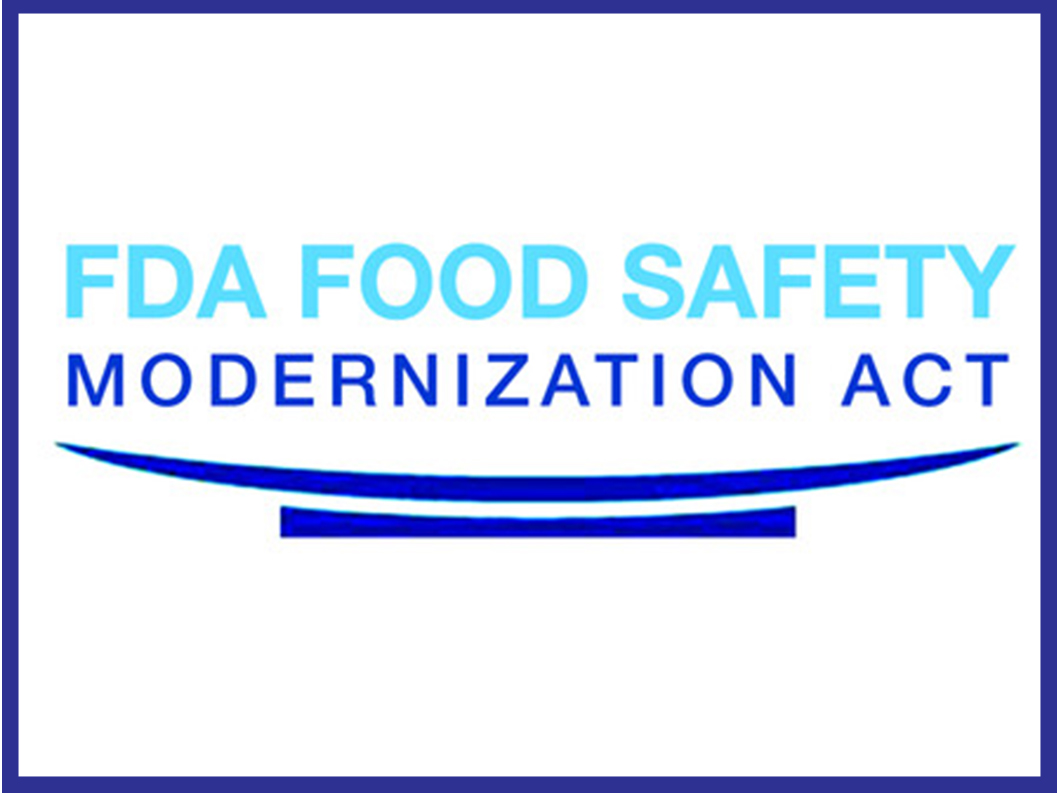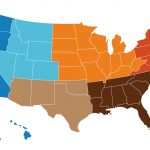The coming year brings with it compliance dates for the Food Safety Modernization Act, and if you’re unsure what’s when with the federal ruling, you can find a downloadable pdf chart at https://www.fda.gov/Food/GuidanceRegulation/FSMA/ucm540944.htm, with final FSMA rules and key dates.
One key date in 2018 is April 6, the deadline for Sanitary Transportation requirements to be be met by small businesses.
In the FSMA lexicon, Sanitary Transportation (21 CFR Part 1, Subpart O) Small Businesses is explained: “Small businesses are those including any subsidiaries and affiliates employing fewer than 500 full-time equivalent employees (except that for carriers by motor vehicle that are not also shippers and/or receivers, this term would mean a business having less than $27.5 million in annual receipts).
Key requirements for Sanitary Transportation as outlined by the Food and Drug Administration at https://www.fda.gov/food/guidanceregulation/fsma/ucm383763.htm include “The design and maintenance of vehicles and transportation equipment to ensure that it does not cause the food that it transports to become unsafe. For example, they must be suitable and adequately cleanable for their intended use and capable of maintaining temperatures necessary for the safe transport of food; The measures taken during transportation to ensure food safety, such as adequate temperature controls, preventing contamination of ready to eat food from touching raw food, protection of food from contamination by non-food items in the same load or previous load, and protection of food from cross-contact, i.e., the unintentional incorporation of a food allergen; Training of carrier personnel in sanitary transportation practices and documentation of the training. Carriers covered by the rule are required to provide food safety training to transportation operations personnel when the carrier and shipper agree that the carrier is responsible for sanitary conditions during transport; and Maintenance of records of written procedures, agreements and training (required of carriers). The required retention time for these records depends upon the type of record and when the covered activity occurred, but does not exceed 12 months.”
In addition to compliance dates, 2018 also has a number of FSMA training sessions scheduled. Those dates have been posted on the PMA website, accessible at
https://www.pma.com/~/media/pma-files/food-safety/fsma/guidance-and-training/fsma-resource-training-courses.pdf?la=en.
Here’s a quick glance, starting with a few yet in 2017. Links are provided at the website.
The Produce Safety Rule courses listed below are provided by The Produce Safety Alliance (PSA), which has developed a standardized national produce safety training program to prepare fresh produce growers to meet the regulatory requirements in the U.S. Food and Drug Administration’s (FDA) FSMA Produce Safety Rule. The PSA has developed two types of training courses: Grower Training Course and Train-the-Trainer Course
Dec 19, 2017 Kaley Grimland, Clovis, CA
Jan 4, 2018 Phillip Tocco, Hart, MI
Jan 8, 2018 Laura Strawn, Keysville, VA
Jan 11, 2018 Beth Oleson, Savannah, GA
Jan 12, 2018 Amanda Deering, New Albany, IN
Jan 12, 2018 Phillip Tocco, Saginaw, MI
Jan 17, 2018 Kaley Grimland, Clovis, CA
Jan 16, 2018 Chad Carter, West Columbia, SC
Jan 17, 2017 Elena Toro Rogers, Mills River, NC
Jan 18, 2018 Kaley, Grimland, Clovis, CA
Jan 18, 2018 Phillip Tocco, Traverse City, MI
Jan 19, 2018 Craig Kahlke, Saratoga Springs, NY
Jan 19, 2018 Laura Strawn, Charlottesville, VA
The next set of courses FSMA Preventive Controls for Human Foods Rule Food Safety, are provided by Preventive Controls Alliance. The rule “is intended to ensure safe manufacturing/processing, packing and holding of food products for human consumption in the United States,” and the regulation “requires that certain activities must be completed by a ‘preventive controls qualified individual (PCQI)’ who has ‘successfully completed training in the development and application of risk-based preventive controls.’” The FSPCA has developed two types of training courses, Preventive Control Qualified Individual training course and Lead Instructor training course. The schedule for 2018 is:
Jan 17-18, 2018 UF/IFAS Fort Pierce, FL
Jan 22-23, 2018 United Food Safety Group, Montreal, QC
Feb 28-March 1, 2018 HACCP Consulting Group, LLC, Dayton, OH


